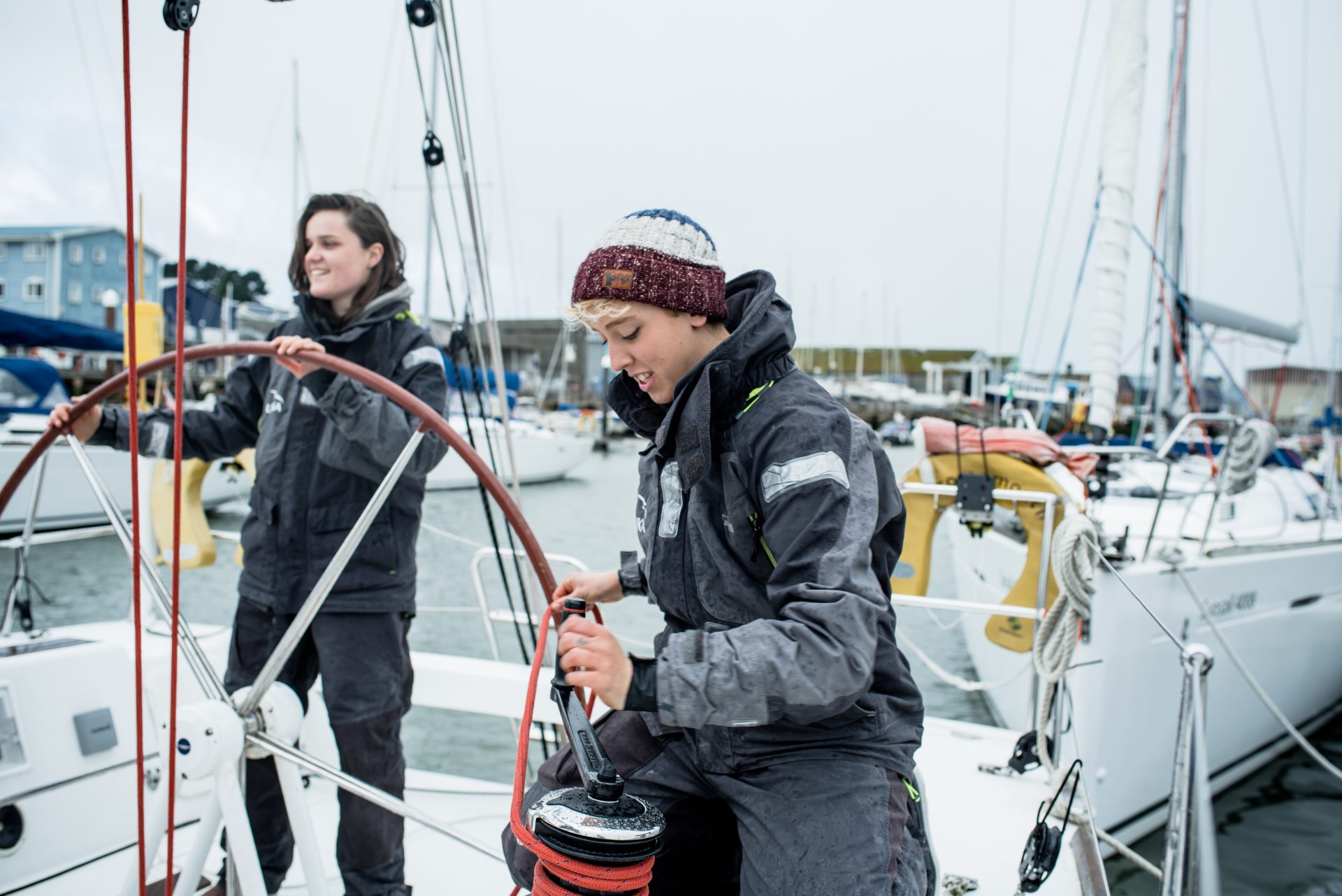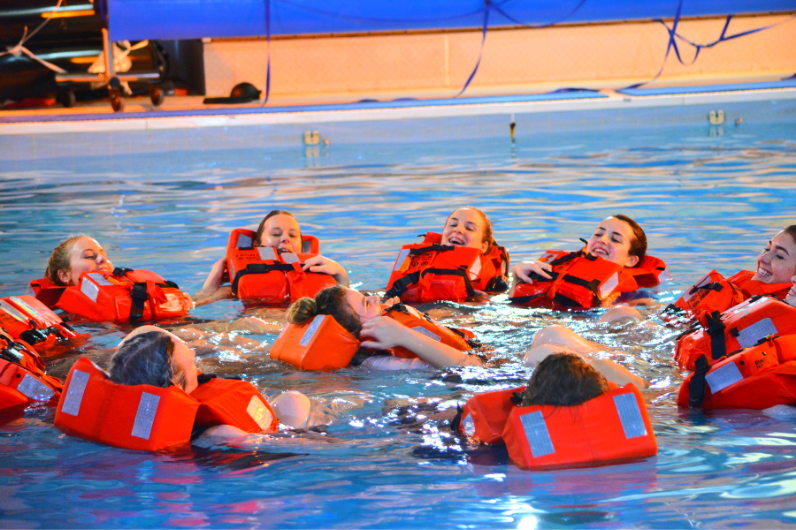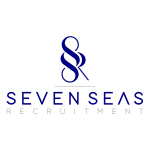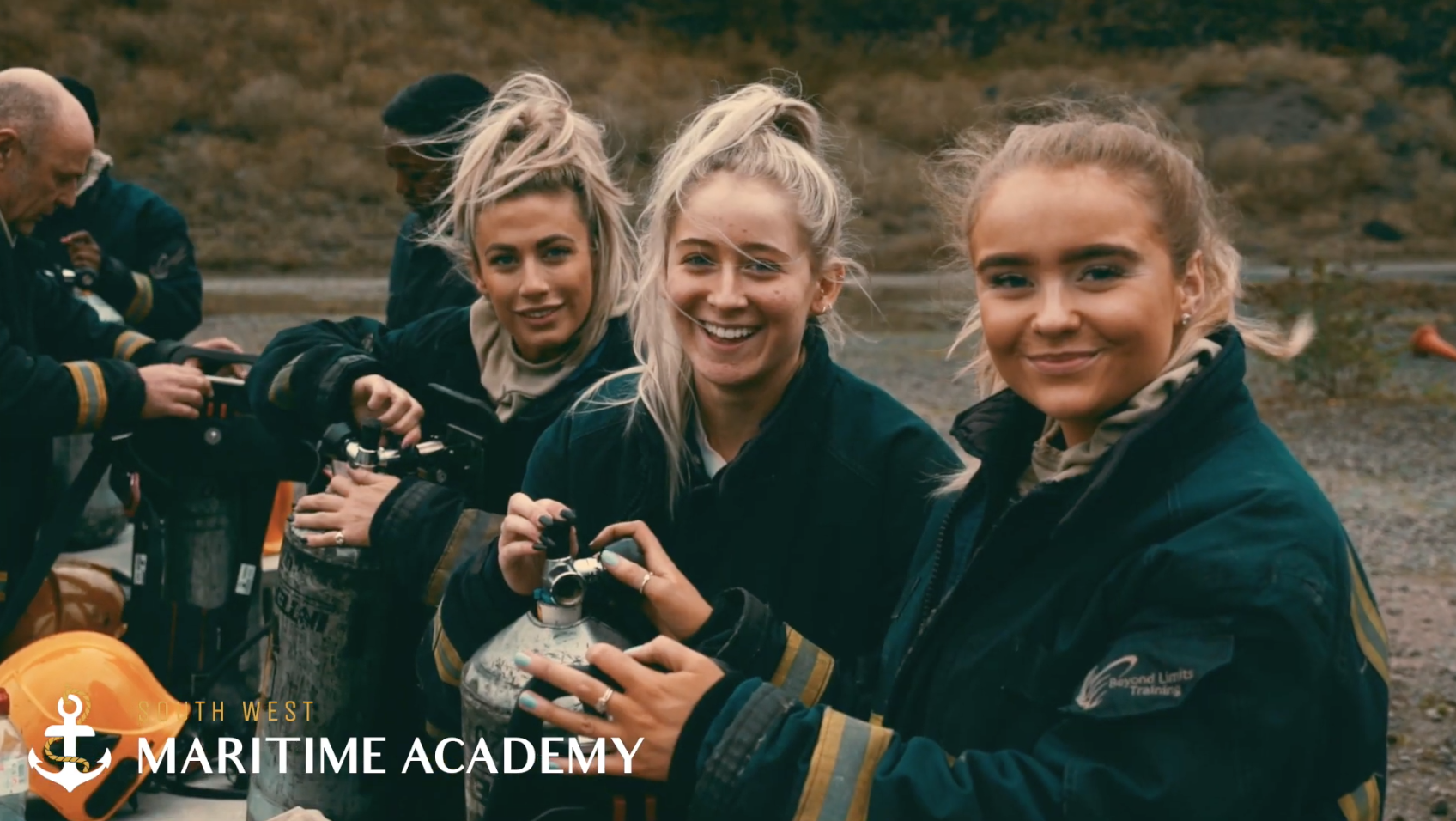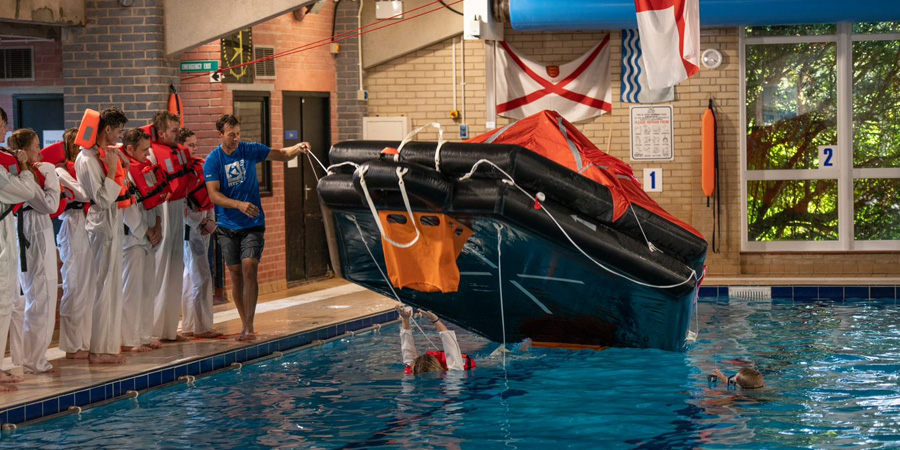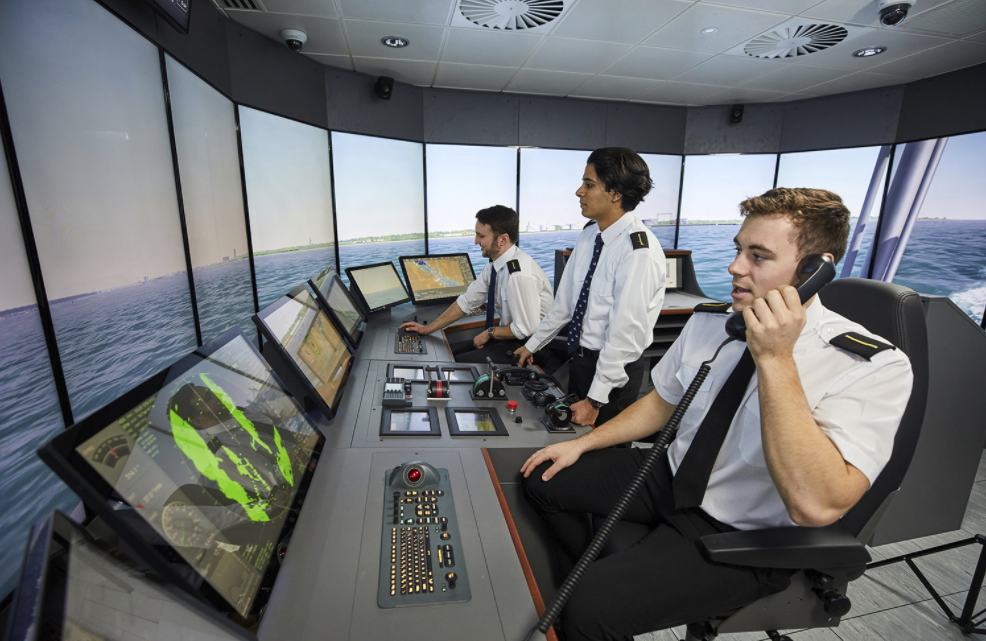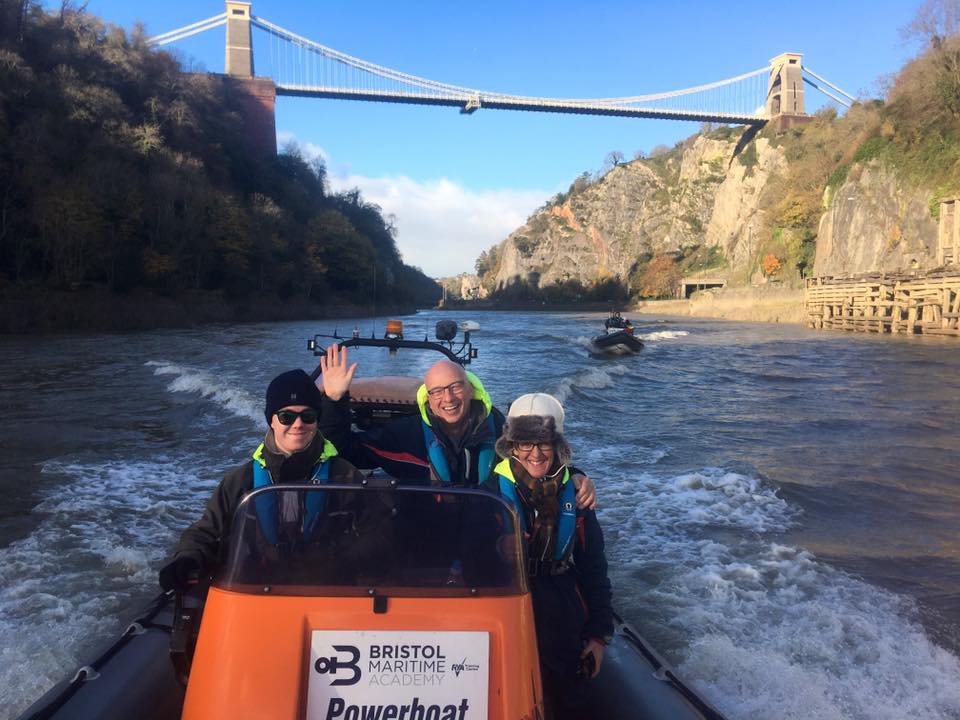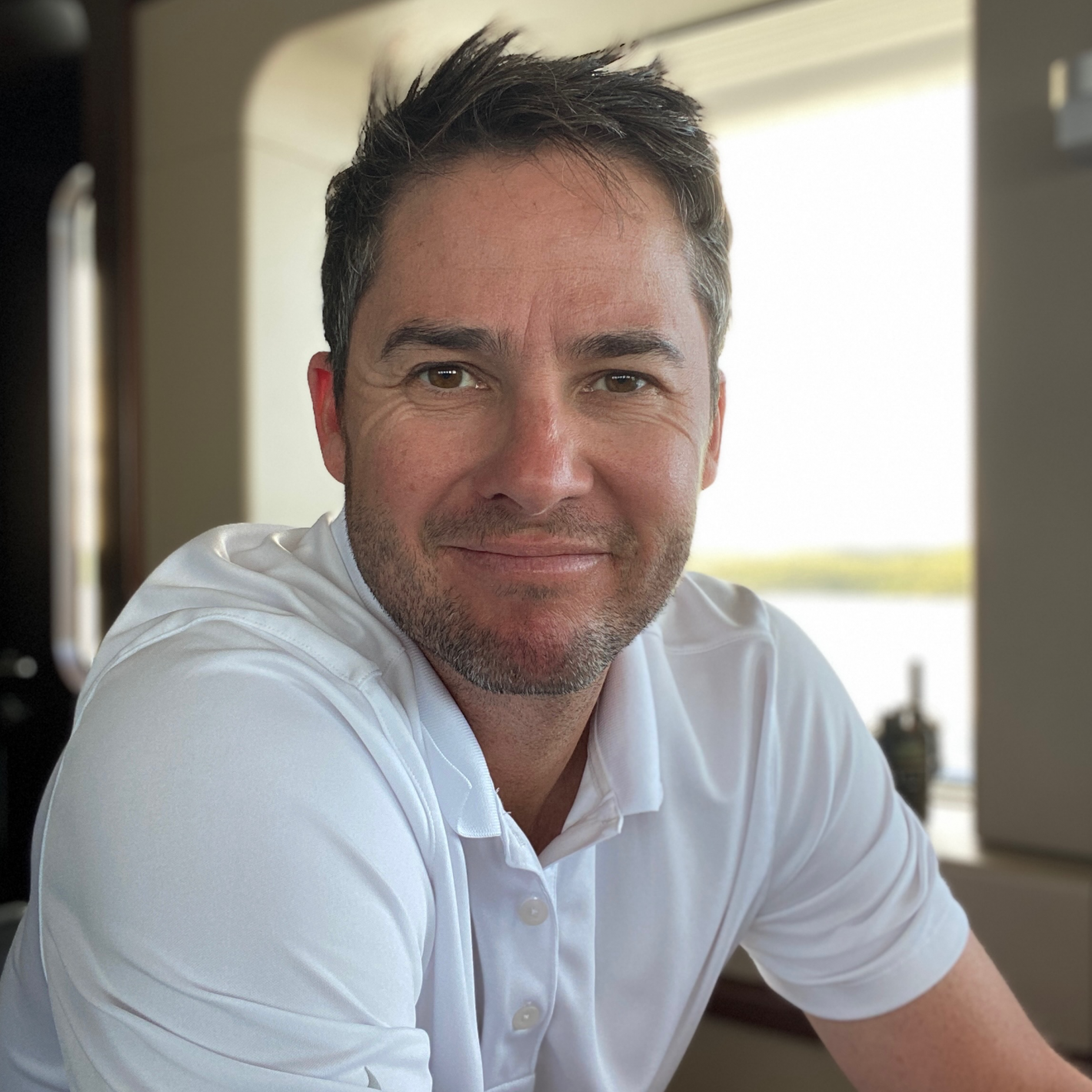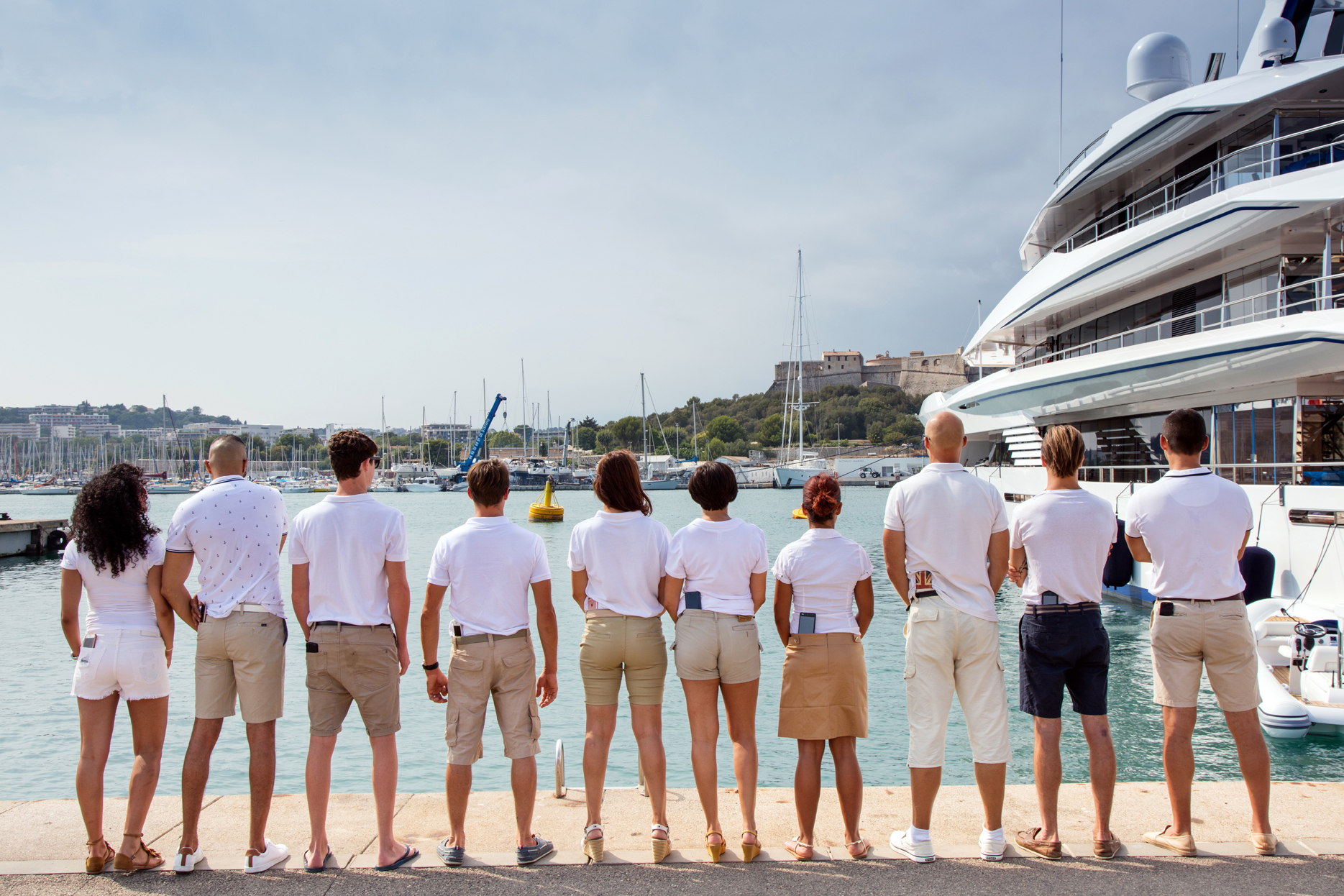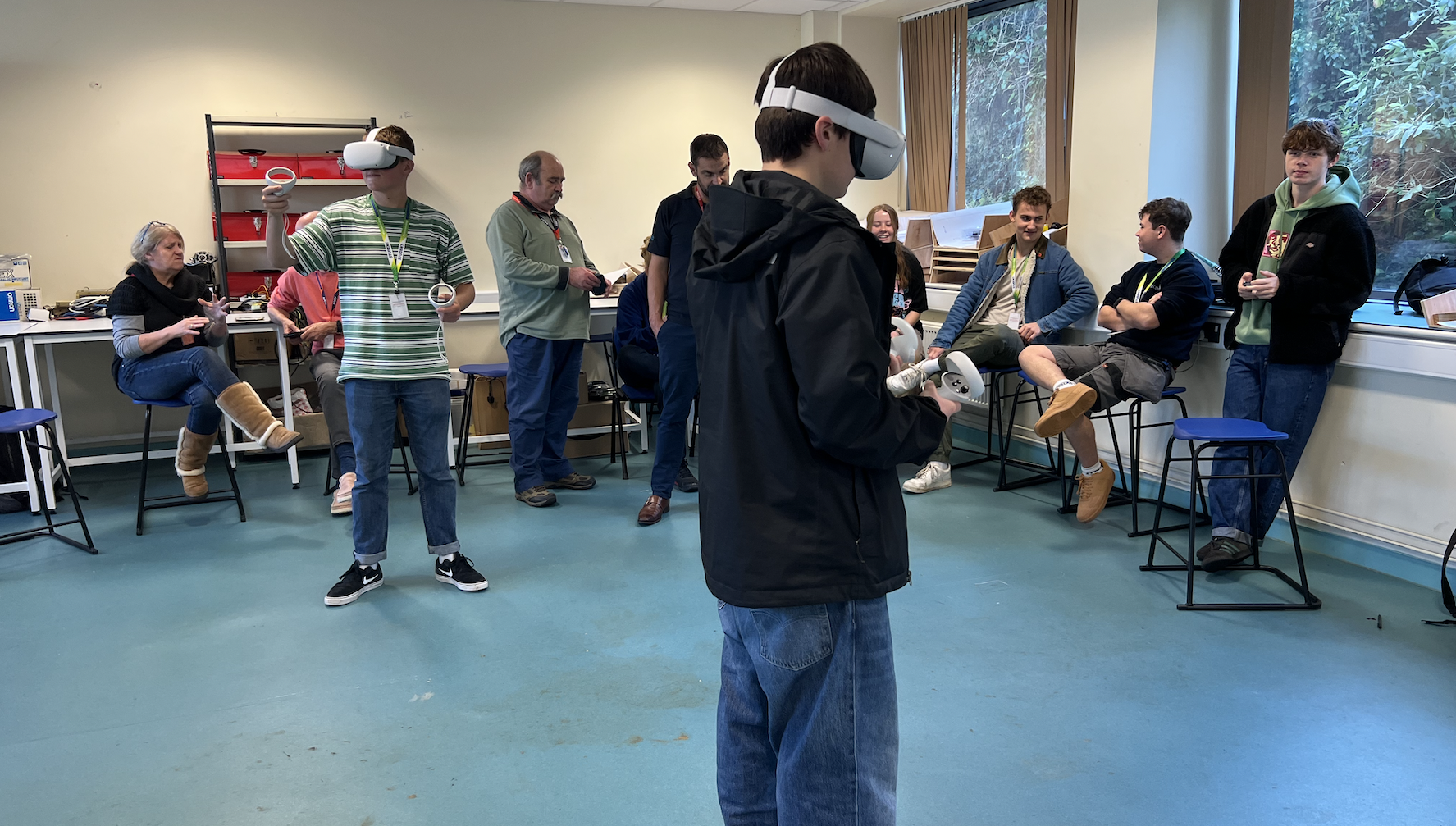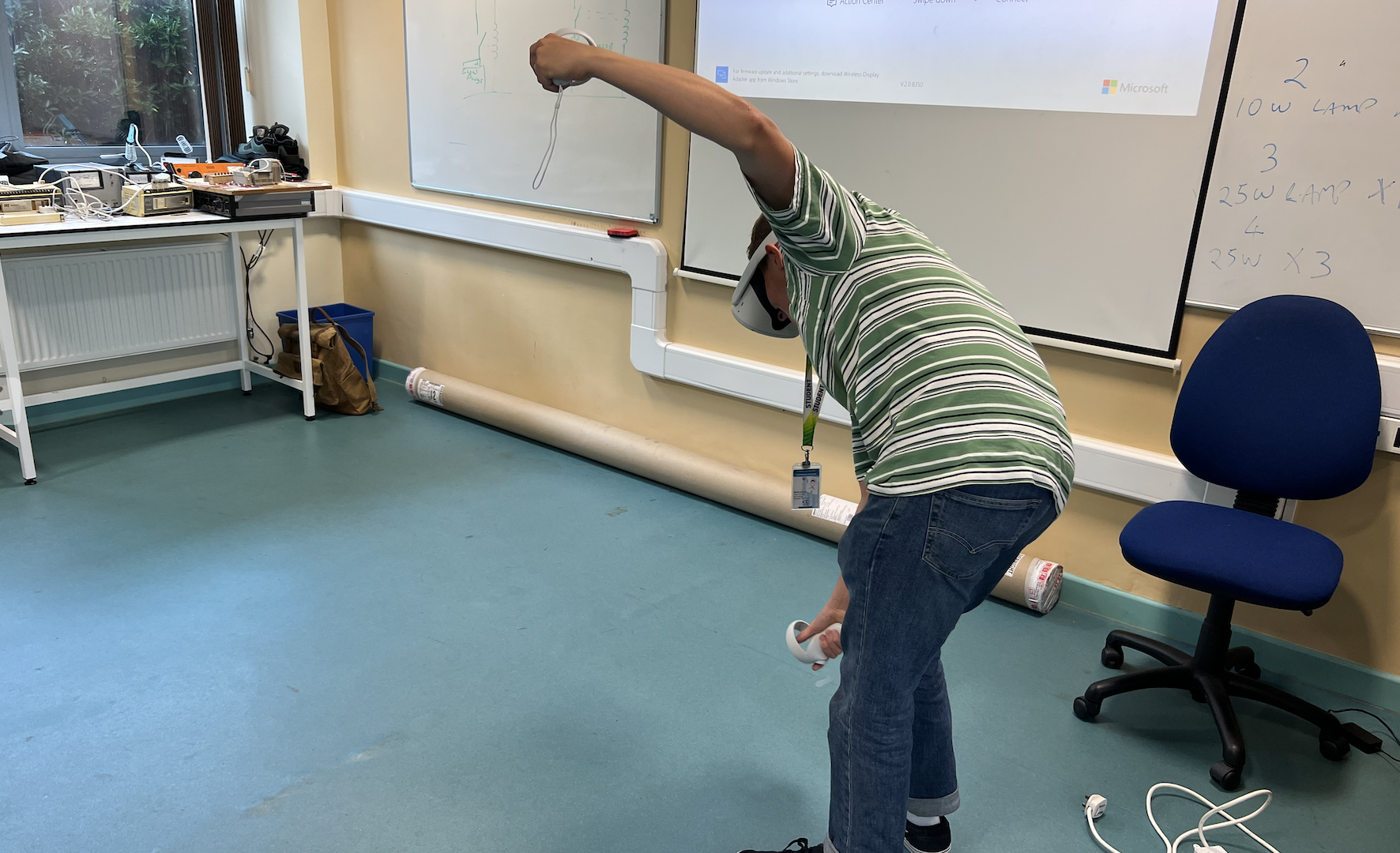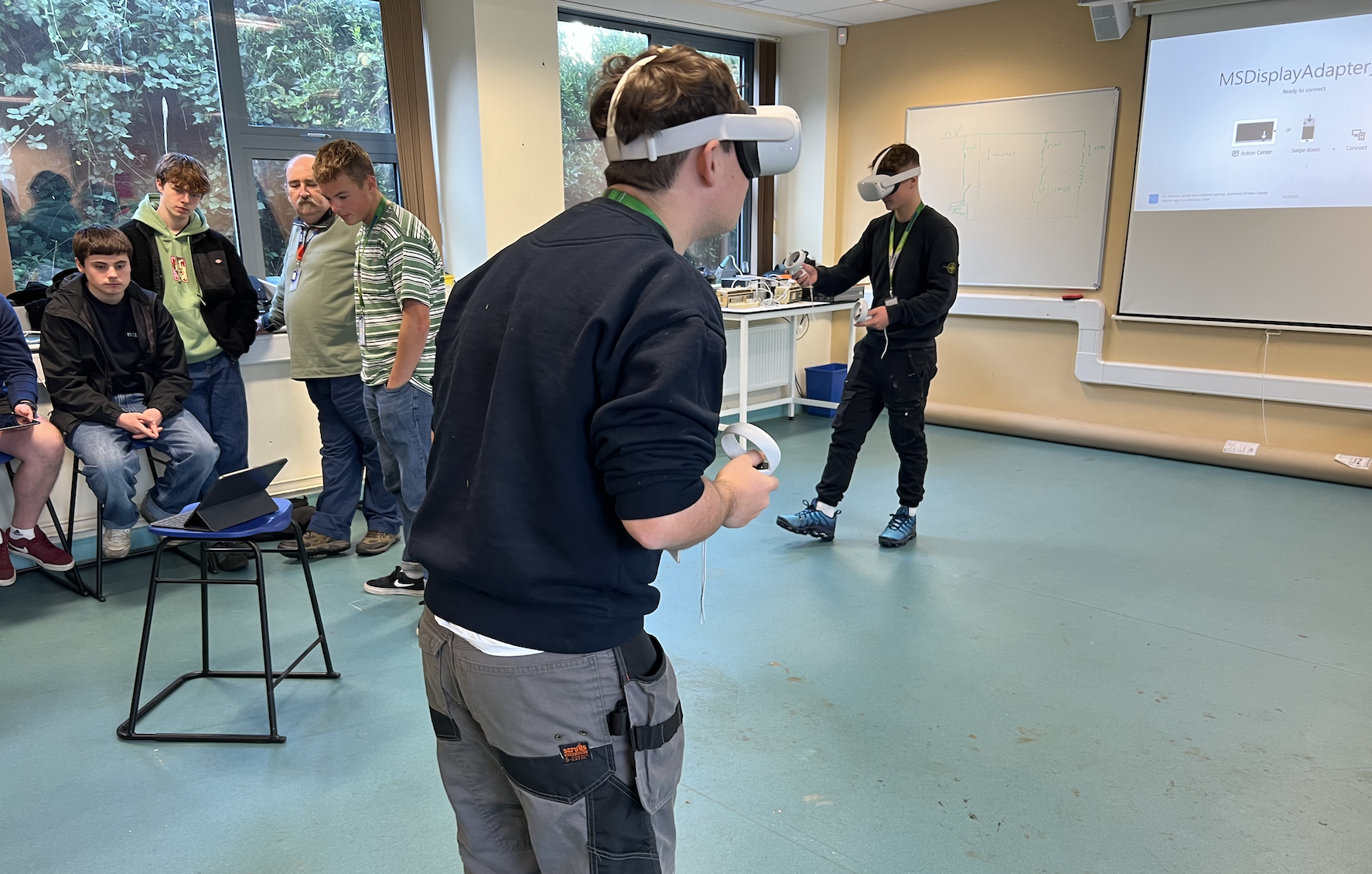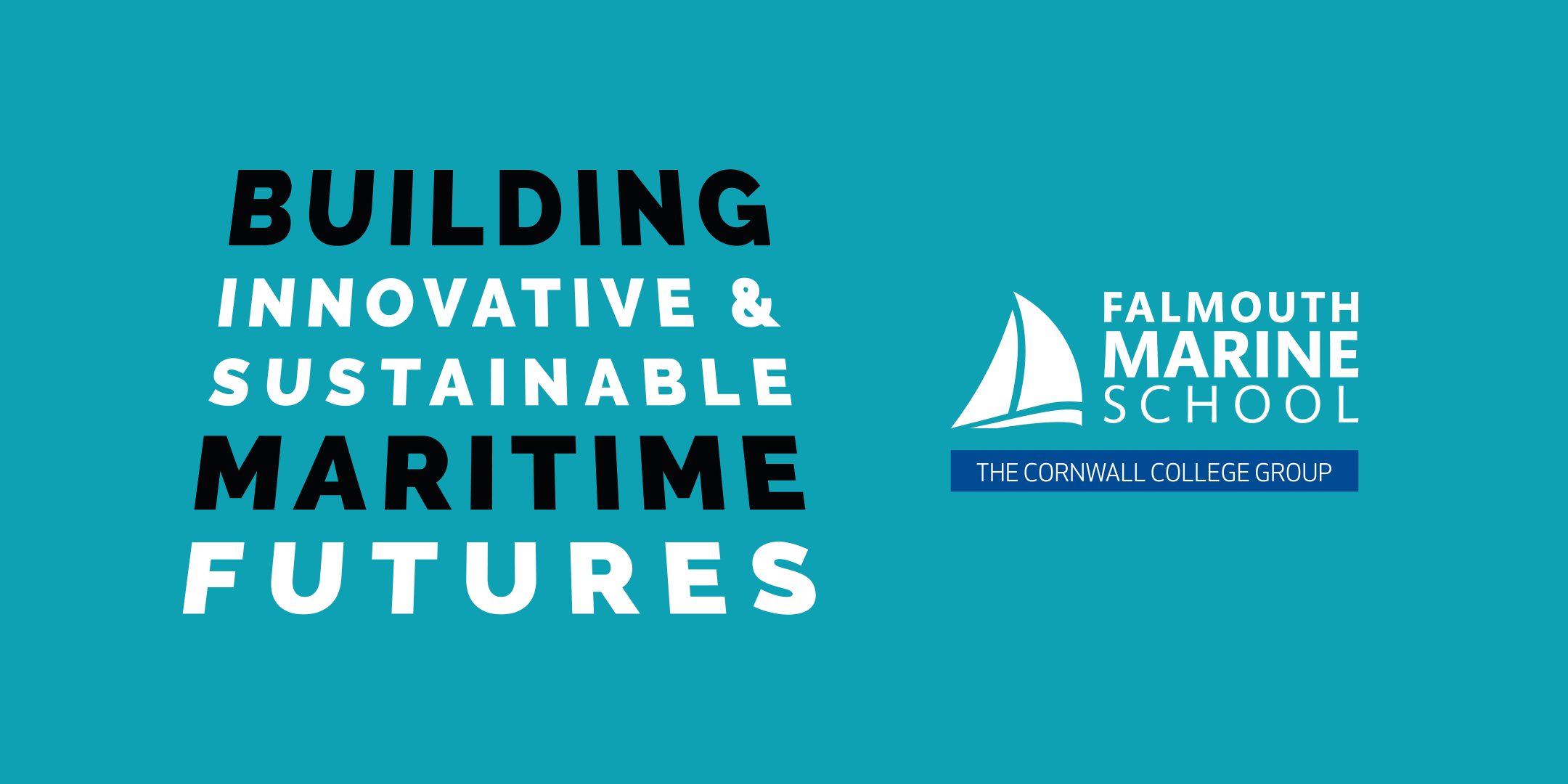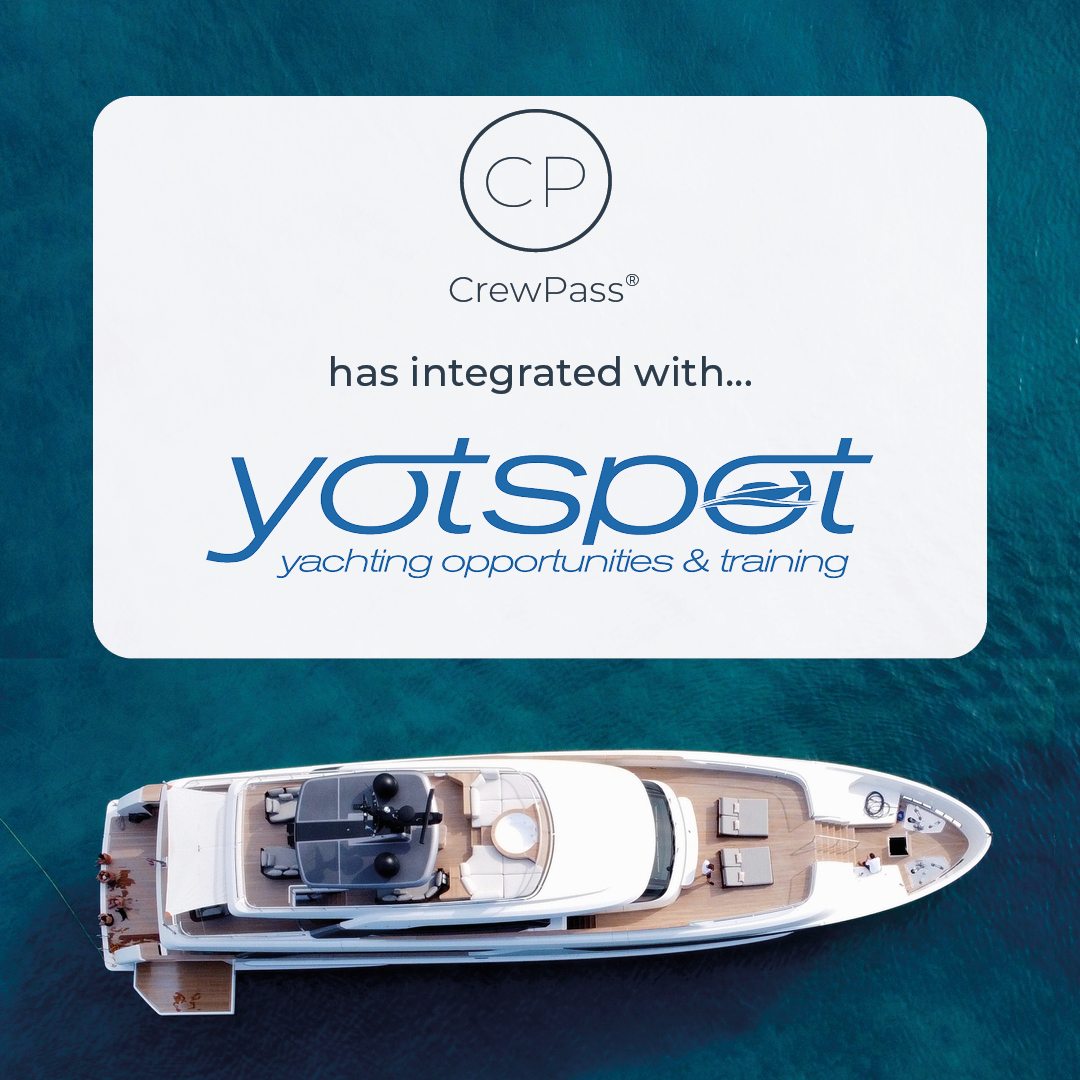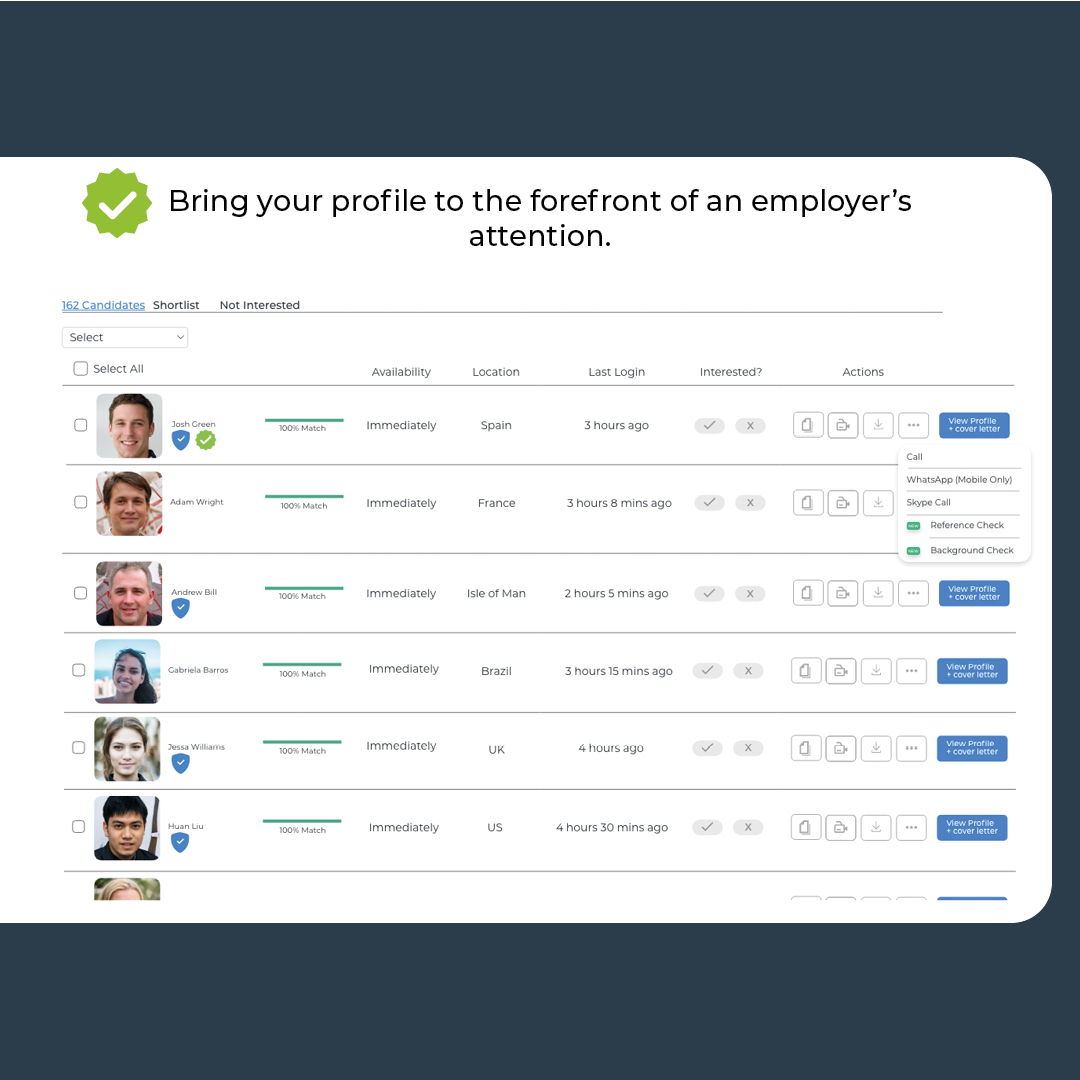Superyacht Turnaround: 5 Tips And Hacks For Crew
A Superyacht turnaround refers to the process of preparing a yacht for its next voyage, which involves cleaning, restocking, and performing routine maintenance tasks. As ex-yachties ourselves, we’ve put our heads together and brainstormed our top five key superyacht turnaround tips and hacks for crew.

1. Plan Ahead
Tip – Superyacht turnaround involves a lot of tasks that need to be completed within a limited timeframe. Therefore, it is important to plan ahead and create a detailed checklist of all the tasks that need to be completed. This will help ensure that nothing is overlooked, and everything is done efficiently.
Hack – Use a digital tool, such as a task management app, to create a detailed checklist and assign tasks to team members, ensuring everyone is aware of their responsibilities and deadlines. Or, use templates for commonly repeated tasks, such as deep cleaning cabins, to save time and ensure consistency.
2. Communicate With Your Team
Tip – A skilled team is essential for a successful superyacht turnaround and communication is key. A good team will be the difference between a quick and high standard turnaround, or a poor and disorganised turnaround.
Hack – Communicate to each team member what their turnaround job roles will be be, clearly outlining expectations and responsibilities, to ensure that everyone is aware of their duties and can focus on their assigned tasks.
3. Use Cleaning Companies To Assist
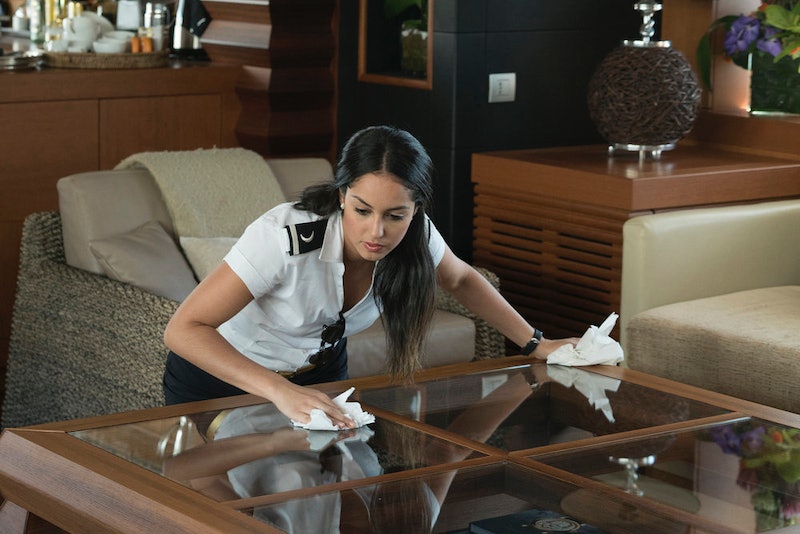
Tip – Cleaning is obviously an essential part of the superyacht turnaround process, but its not always what you will have time to prioritise, especially with smaller teams. Consider using a cleaning company that can come onboard for one or two days to assist with the turnaround, that way you’ll have a dedicated team for cleaning whilst you carry out other tasks such as admin or shopping for provisions. It’s also worth considering sending any laundry ashore for a super-quick turnover on guest sheets, they will return ironed and ready to go!
Hack – If you don’t have access to a cleaning company, create a cleaning schedule, breaking down the cleaning tasks into manageable chunks that can be completed in smaller timeframes. Similar to the planning ahead hack, use a team-based approach, assigning specific cleaning tasks to each member to ensure that the entire yacht is cleaned efficiently.
4. Stock Up On Supplies
Tip – During the Superyacht turnarounds processes, it is important to restock all necessary supplies, including food, drinks, and other provisions. The last thing you want it to run out of stock for the next guests trip!
Hack – Create a detailed inventory list of all the supplies and equipment needed, including the quantity and location of each item, to streamline the restocking process, as well as create a master list of suppliers and vendors to use as a reference for future turnaround processes, streamlining the ordering and restocking process.
5. Perform Routine Maintenance
Tip – Routine maintenance tasks are important for keeping the Superyacht in good condition. During the turnaround process, it is vital that the crew perform routine maintenance tasks, such as engine checks, electrical inspections, and other repairs. This will help ensure that the yacht is safe and ready for its next voyage.
Hack – Schedule routine maintenance tasks at regular intervals throughout the year, avoiding a backlog of maintenance tasks during the turnaround process. Then, create a maintenance log, documenting all completed maintenance tasks, including the date, time, and the person responsible for completing the task, to ensure that all maintenance is tracked and up-to-date.
For the latest Superyacht Content career and training blogs, click here.
To keep up to date with the latest Superyacht Content News, click here.
Sign up to our Newsletter below:
var gform;gform||(document.addEventListener("gform_main_scripts_loaded",function(){gform.scriptsLoaded=!0}),window.addEventListener("DOMContentLoaded",function(){gform.domLoaded=!0}),gform={domLoaded:!1,scriptsLoaded:!1,initializeOnLoaded:function(o){gform.domLoaded&&gform.scriptsLoaded?o():!gform.domLoaded&&gform.scriptsLoaded?window.addEventListener("DOMContentLoaded",o):document.addEventListener("gform_main_scripts_loaded",o)},hooks:{action:{},filter:{}},addAction:function(o,n,r,t){gform.addHook("action",o,n,r,t)},addFilter:function(o,n,r,t){gform.addHook("filter",o,n,r,t)},doAction:function(o){gform.doHook("action",o,arguments)},applyFilters:function(o){return gform.doHook("filter",o,arguments)},removeAction:function(o,n){gform.removeHook("action",o,n)},removeFilter:function(o,n,r){gform.removeHook("filter",o,n,r)},addHook:function(o,n,r,t,i){null==gform.hooks[o][n]&&(gform.hooks[o][n]=[]);var e=gform.hooks[o][n];null==i&&(i=n+"_"+e.length),gform.hooks[o][n].push({tag:i,callable:r,priority:t=null==t?10:t})},doHook:function(n,o,r){var t;if(r=Array.prototype.slice.call(r,1),null!=gform.hooks[n][o]&&((o=gform.hooks[n][o]).sort(function(o,n){return o.priority-n.priority}),o.forEach(function(o){"function"!=typeof(t=o.callable)&&(t=window[t]),"action"==n?t.apply(null,r):r[0]=t.apply(null,r)})),"filter"==n)return r[0]},removeHook:function(o,n,t,i){var r;null!=gform.hooks[o][n]&&(r=(r=gform.hooks[o][n]).filter(function(o,n,r){return!!(null!=i&&i!=o.tag||null!=t&&t!=o.priority)}),gform.hooks[o][n]=r)}});
